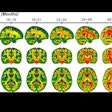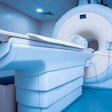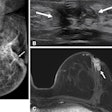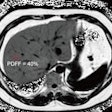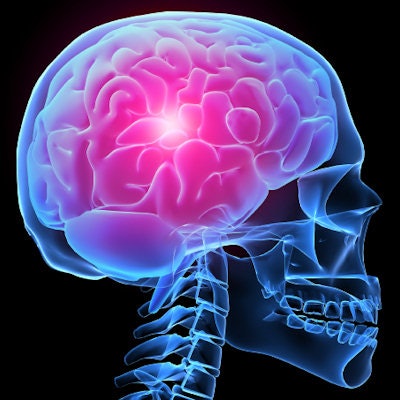
Microbleeds in the blood-brain barrier could lead to the infiltration of Alzheimer's disease-causing amyloid plaque, according to a University of Southern California (USC) study published online September 24 in Nature Neuroscience.
While there is no cure for Alzheimer's, the microbleeds could become a key biomarker in the early detection of the disease and subsequent treatment to slow or halt its progression.
"Cognitive impairment, and accumulation in the brain of the abnormal proteins amyloid and tau, are what we currently rely upon to diagnose Alzheimer's disease, but blood-brain barrier breakdown and cerebral blood flow changes can be seen much earlier," said Dr. Berislav Zlokovic, PhD, from UCS's Keck School of Medicine. "This shows why healthy blood vessels are so important for normal brain functioning."
There are indications that blood-brain barrier leakage may allow amyloid into the brain, where it binds to neurons and eventually kills the cells. The abnormality is evident in other neurodegenerative diseases such as Huntington's, Parkinson's, and multiple sclerosis.

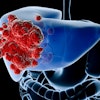

.fFmgij6Hin.png?auto=compress%2Cformat&fit=crop&h=100&q=70&w=100)

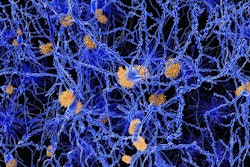

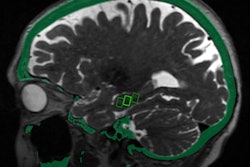
.fFmgij6Hin.png?auto=compress%2Cformat&fit=crop&h=167&q=70&w=250)


